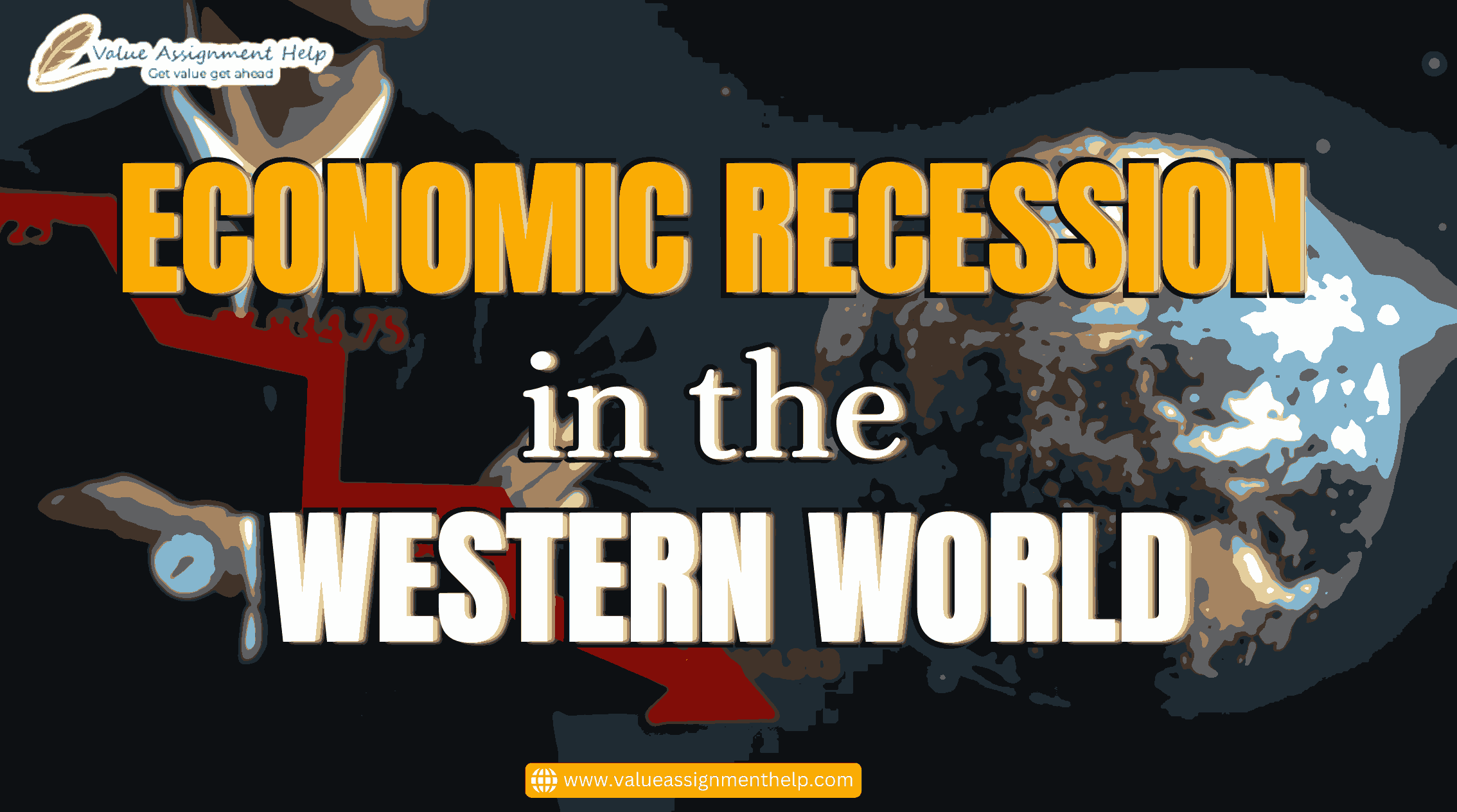Assignment
Achievement
Hire Experts
Reviews
Free Services
Grades
Offers
Order Now
Table of Contents
50,000+
Orders Delivered
4.9/5.0
Star Rating
100%
on-time delivery
24 x 7
Query Resolution
100 +
Subjects Catered
Our Experts
Reviews
Free Assignment Services
☞Title Pages - 100 Words
$05.00 free
☞Downloading Free Guide
$20.00 free
☞Upload Completed Tasks
$20.00 free
☞Genuine Content Report
$20.00 free
☞Consultation By Experts
$06.00 free
☞Unrestricted Revisions
$10.00 free
☞Grammar Check for Task
$25.00 free
☞Plagiarism Inspections
$25.00 free
Book Now and get Free Services Upto $0.00
Grades
Offers

1. PLACE YOUR ORDER
Whenever you fill out their order form, please read it carefully and then fill it out.

2. MAKE PAYMENT
Choose our secure payment method to pay for your order and collect your order from us with security.

3. GET YOUR DOCUMENT
Our writers write you plagiarism-free assignments and provide them to you before the deadline.
Our Experts

Search Assignments

Customers Reviews
Recent weeks have seen growing concerns about a potential economic recession in the Western world. Two of the most influential financial institutions, JP Morgan and Goldman Sachs, have recently forecasted 35% chances of the US hitting recession in 2025. The latest PMI data for Germany also signals a high likelihood of economic downturn in the coming months. Deloitte predicts that that Australia is also at a significant risk of recession.
This article examines the current economic conditions of some major Western nations to understand the interplay between recession and the job market.

A recession is generally defined as a period where a nation's GDP contracts for two consecutive quarters. Recent discussions about potential recessions have become commonplace, as news of economic troubles emerges from various Western countries.
The United States is at the highest risk of a recession wave.
One week ago, JP Morgan, one of the most prestigious financial institutions around the world, predicted 35% chance of the US falling in recession in the coming months. Same sentiment was echoed by Goldman Sachs and Wall Street. Wall Street predicted a mere 0.4% increase in consumer spending, with 235,000 unemployed claims.
However, recent data from the US Labor Department offers a somewhat optimistic outlook. Initial jobless claims dropped to 227,000 for the week ending August 10, according to the Department of Labor. This figure is lower than the previous week's 234,000 and the 235,000 expected by economists.
The actual 1% increase in retail sales for July also indicates stronger consumer spending than anticipated, surpassing Wall Street's expectations of a 0.4% increase.
Germany’s PMI data for August indicates a worsening economic situation. PMI in manufacturing fell to 42.1, while the services PMI dropped to 51.4, leading to a PMI Composite decrease to 48.5. PMI stands for Purchasing Managers' Index, which is an economic indicator used to assess the health of the manufacturing and services sectors within an economy.
This contraction seems to be linked to supply chain disruptions, persistent labor shortages, and surging inflation, currently at 6.5%
Australia is facing economic pressures stemming from rising inflation and increased interest rates.
The report by Deloitte predicts the Australian unemployment rate to rise from the current 4.2% to 4.5%. More than 100,000 Australians are also at the risk of losing their job in the next twelve months. The Reserve Bank of Australia has implemented rate hikes to combat inflation, which could further dampen household spending and slow down economic growth.
Akin to Australia, the cost of living in New Zealand is also on the rise. While the condition has been feeble in few months now, but people in the recent weeks have become so frustrated with the rising prices that they are evacuating the country in record numbers.
For the financial year ending in June 2024, 131,200 people moved out of New Zealand, the highest ever in recent history.
The only major exception to the shrinking economies in the west is the UK, whose economy grew by 0.6% between April and June, the office of National Statistics reported.
Amid recession fear, unemployment rates have soared across Western nations. And its first-hand bearers are salaried employees. As recession looms, Companies are frantically shunting off their employees as a measure to cut costs.
More than 100,000 employees in the tech sector alone were laid off in 2024. General Motors has laid off 1000 employees in their latest cost-cutting measures. Cisco has also joined the league in its second round of layoff, which has impacted more than 7% of its total workforce.
Historical data reveals that the Great Recession (2007-2009) caused U.S. unemployment to peak at 10%1. Economic contractions generally lead to widespread layoffs, particularly in retail and hospitality industry, which relies heavily on consumer discretionary spending.

Recession is particularly detrimental for young individual who are entering, or trying to enter the job market with no prior experience.
Studies have proven that young professionals who start their career during economic downtime face negative impacts for over a decade, which means they find it the most difficult to sprout off the recession.
Research also shows that students beginning their career during trembling economic conditions earn 17.5% less annually compared to their peers entering during economically stable periods.
This data amplifies the stratification in the job opportunities- which makes it difficult for young professional to recover and advance their careers post-recession.
The impending economic recession in Western nations presents significant risks to job markets and overall economic stability. Young professionals, in particular, face the greatest vulnerability amid this economic uncertainty.
Disclaimer: all content and intellectual property remain the exclusive property of value Assignment Help




No Comments